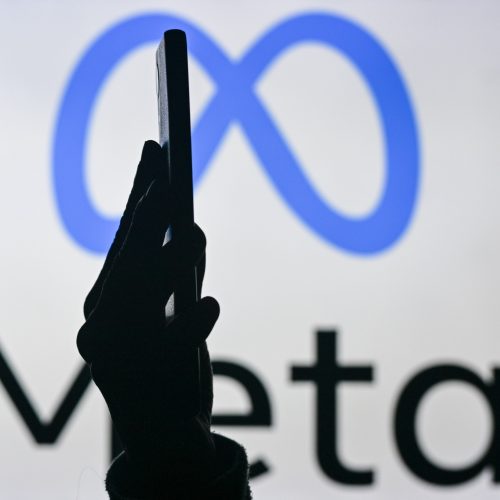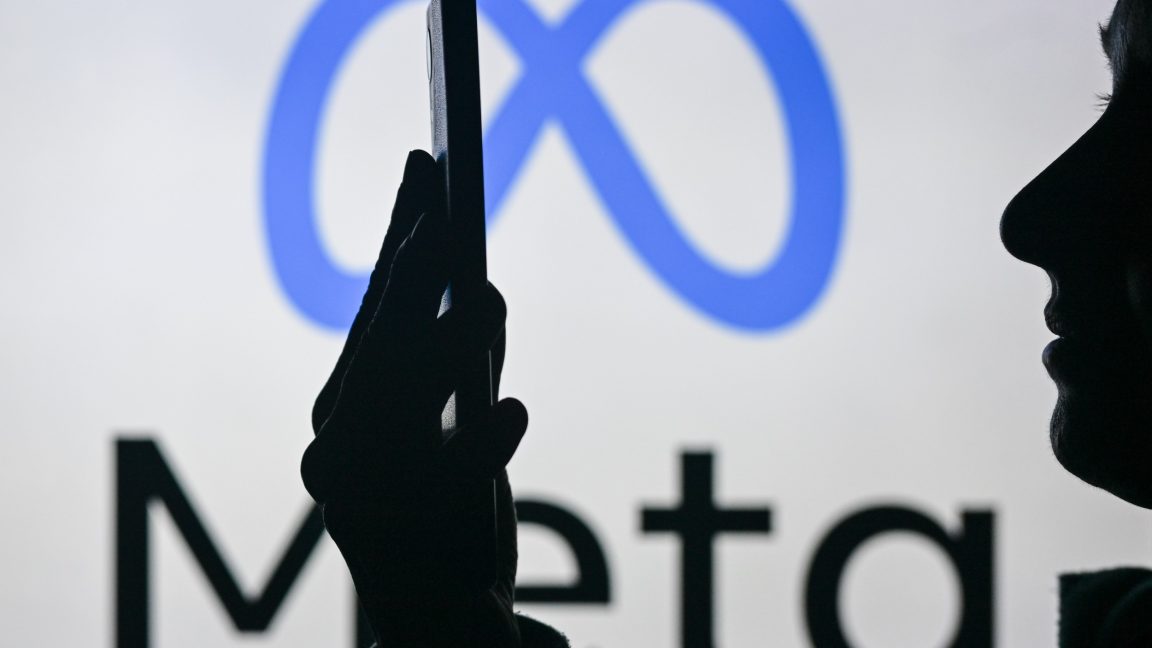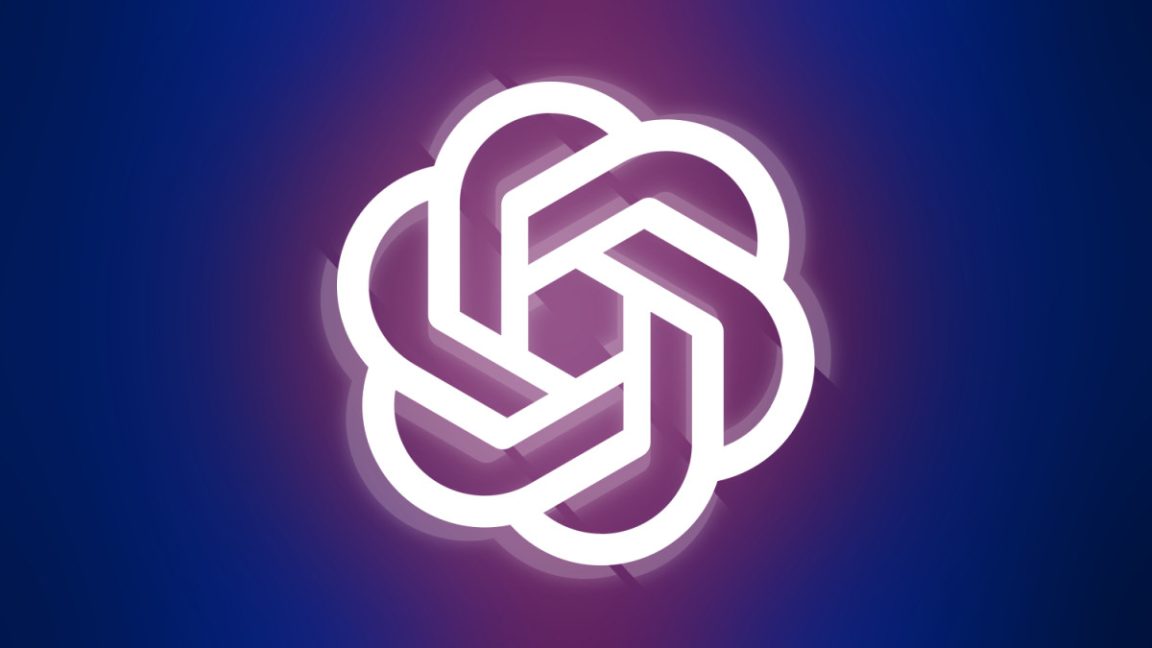Meta beefs up disappointing AI division with $15 billion Scale AI investment
Meta has invested $15 billion into data-labeling startup Scale AI and hired its co-founder, Alexandr Wang, as part of its bid to attract talent from rivals in a fiercely competitive market.
The deal values Scale at $29 billion, double its valuation last year. Scale said it would “substantially expand” its commercial relationship with Meta “to accelerate deployment of Scale’s data solutions,” without giving further details. Scale helps companies improve their artificial intelligence models by providing labeled training data.
Scale will distribute proceeds from Meta’s investment to shareholders, and Meta will own 49 percent of Scale’s equity following the transaction.


© Getty Images |NurPhoto






